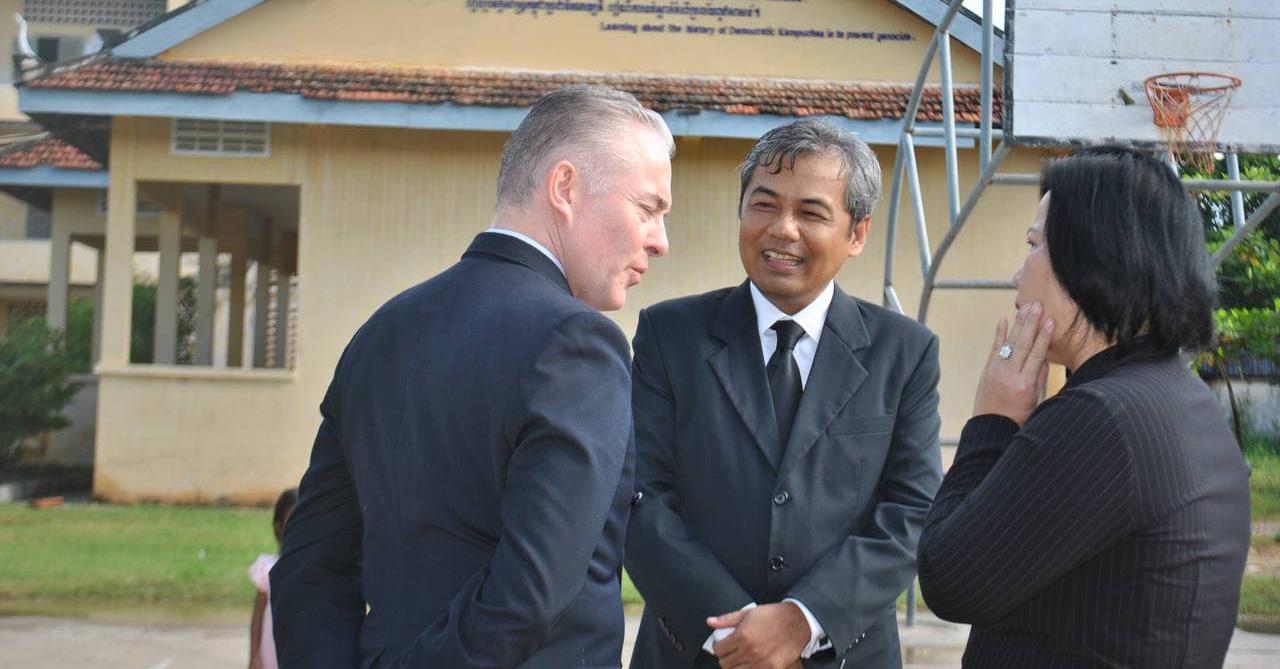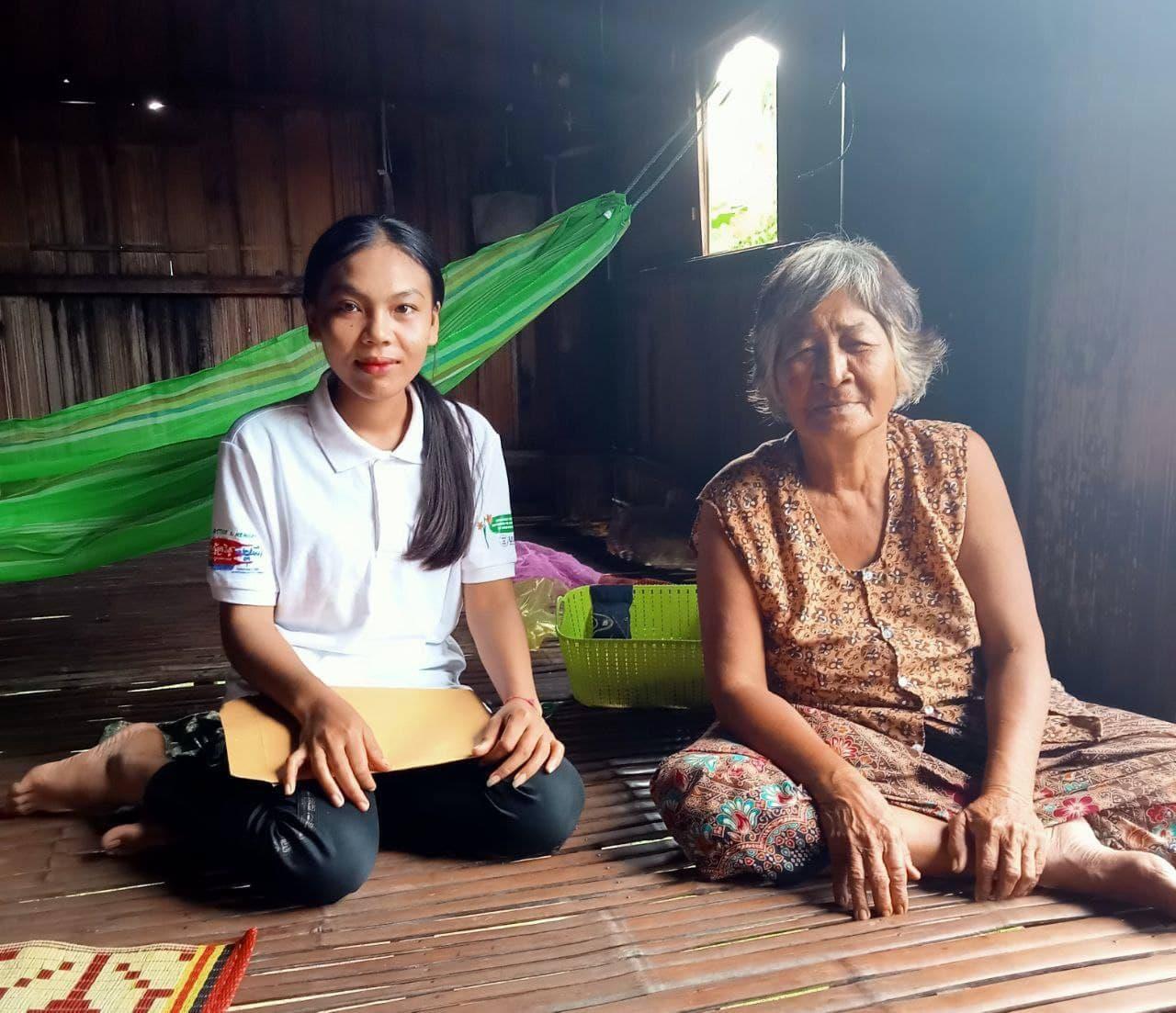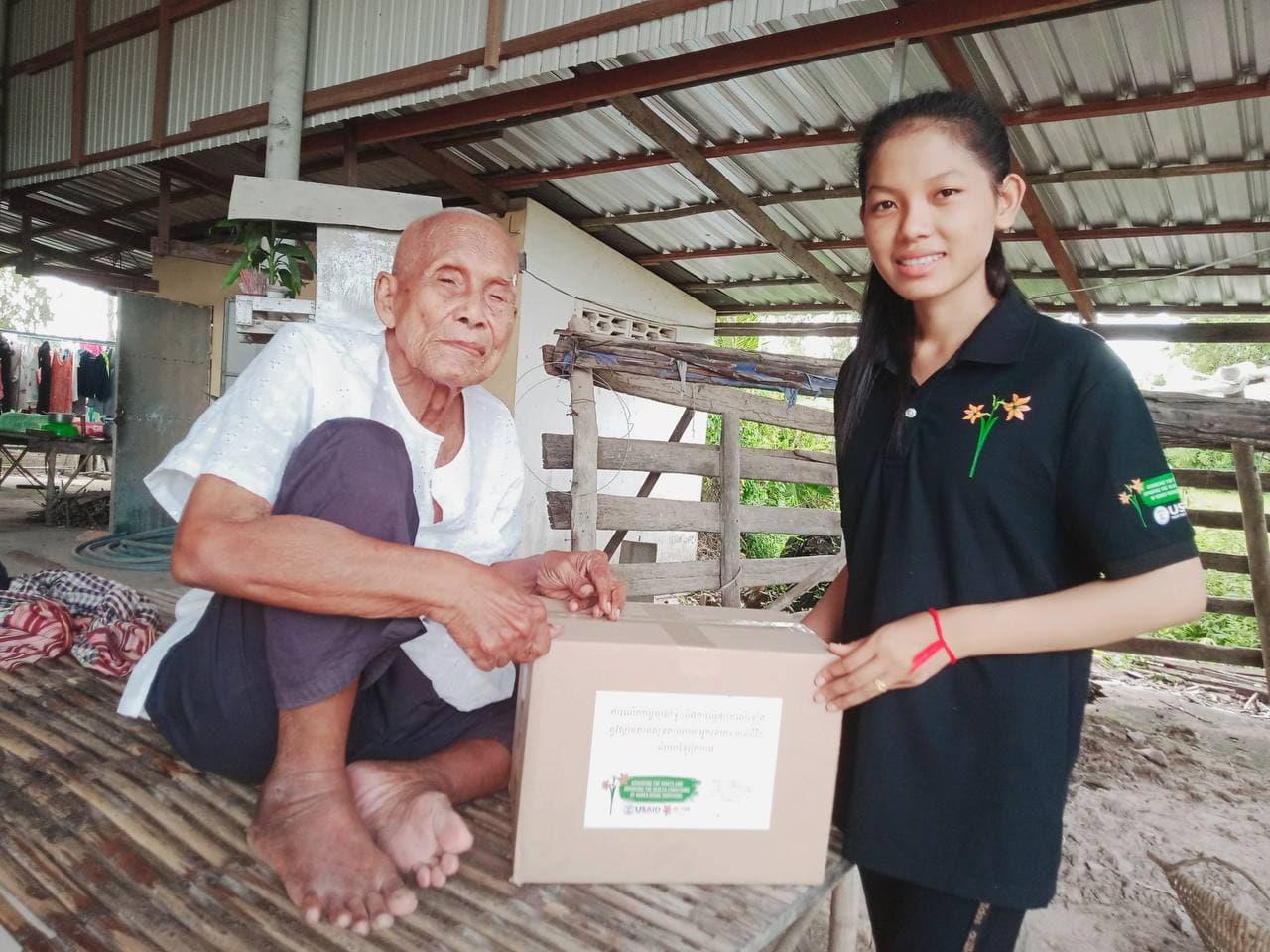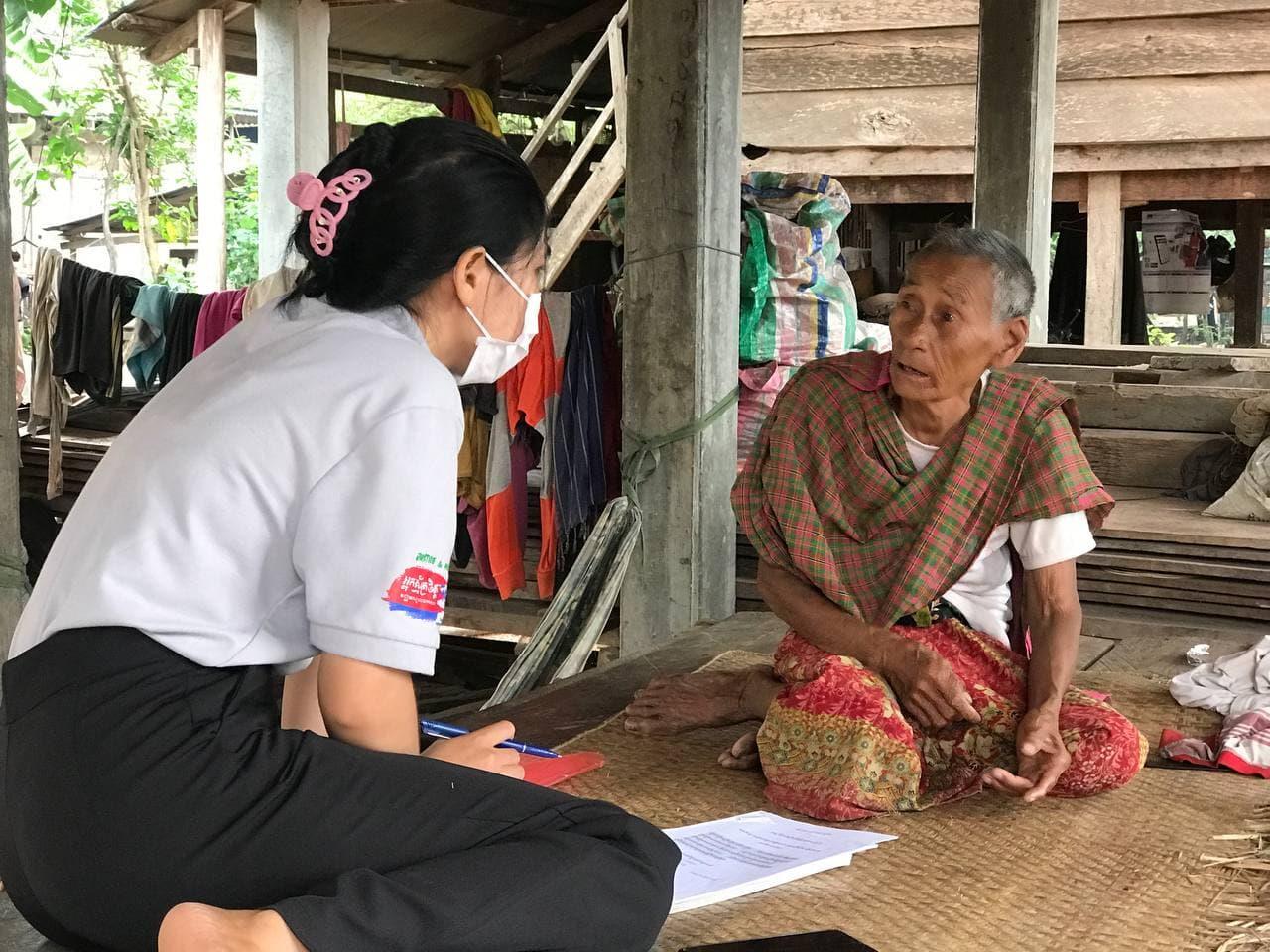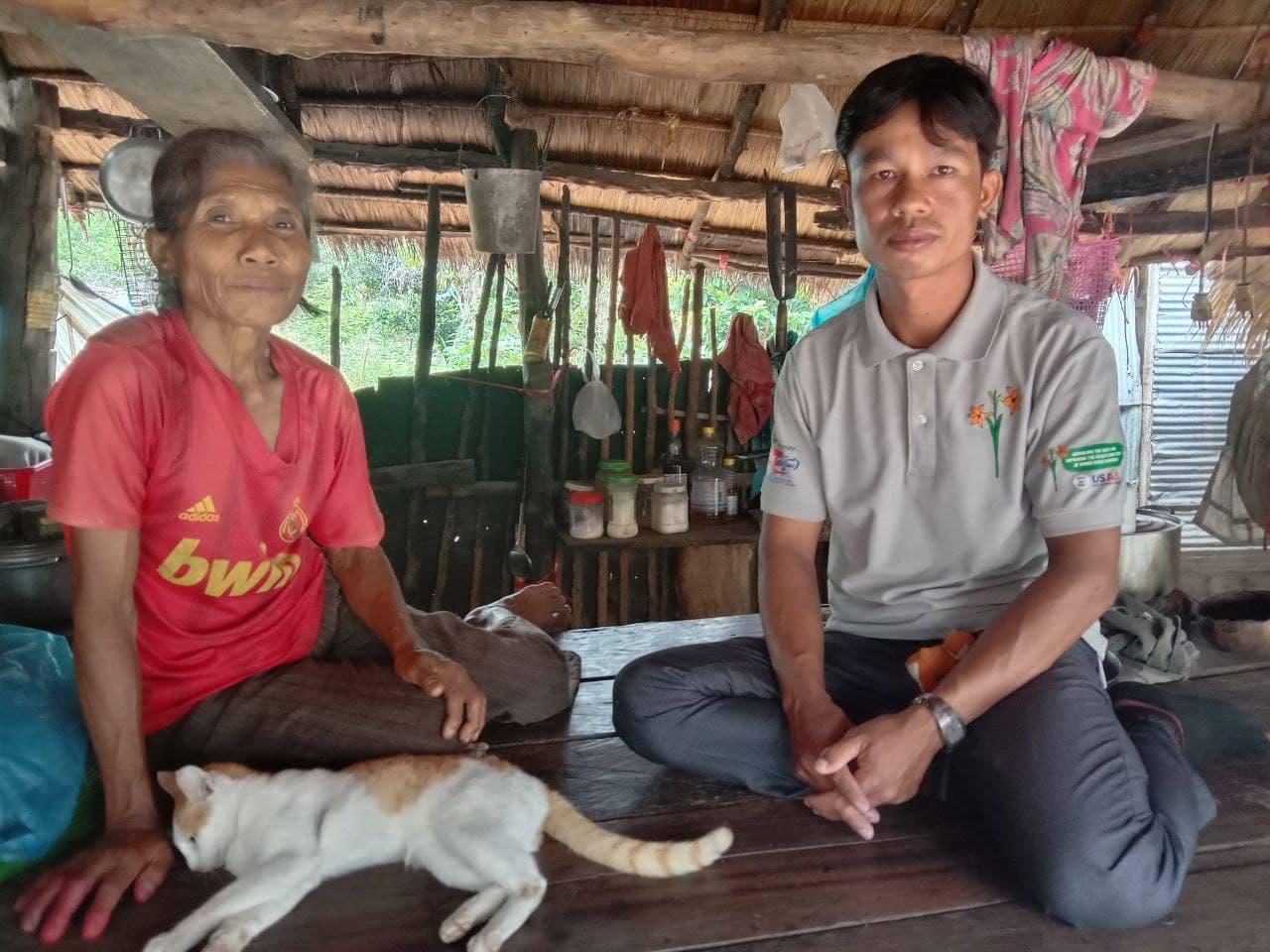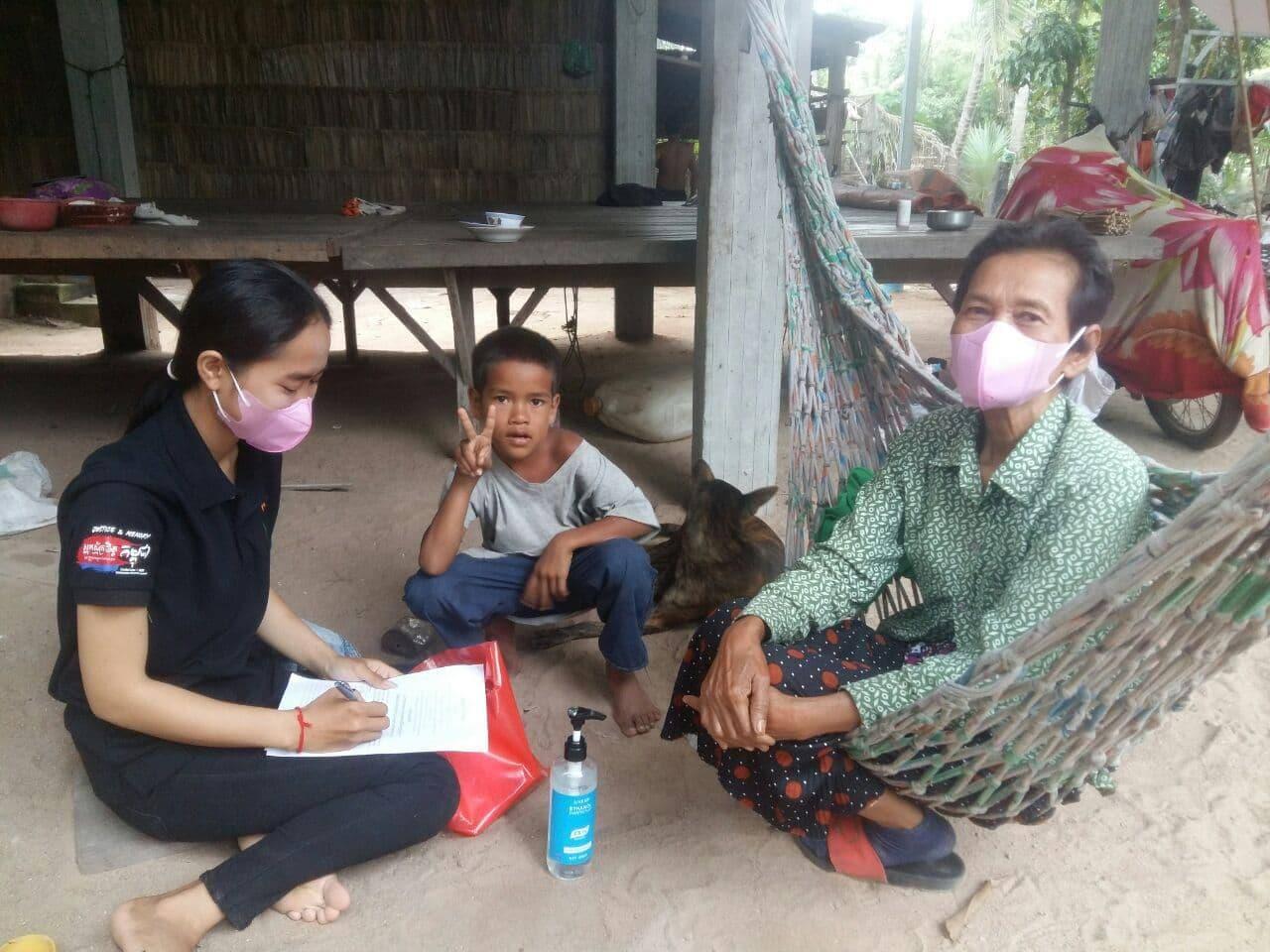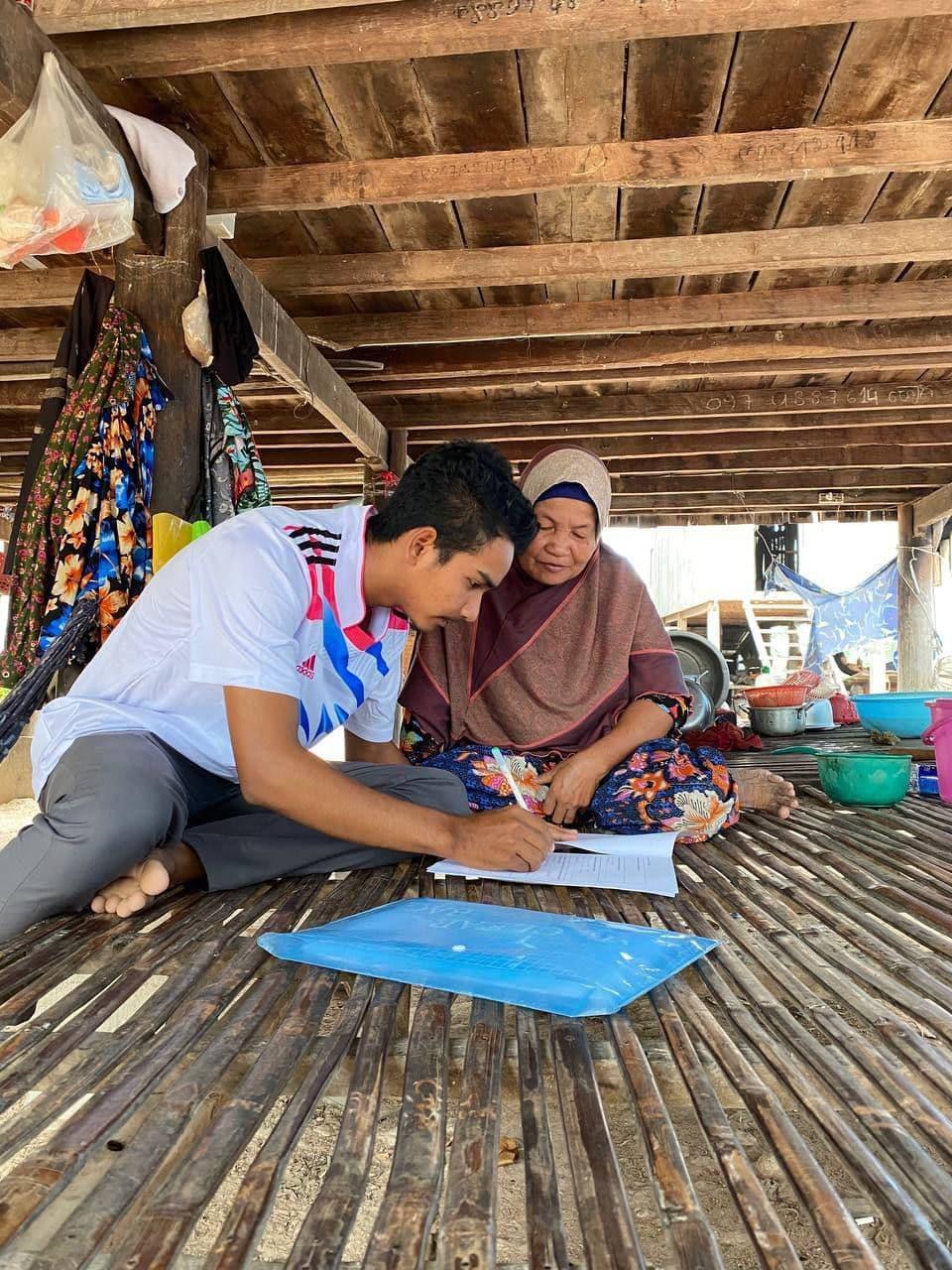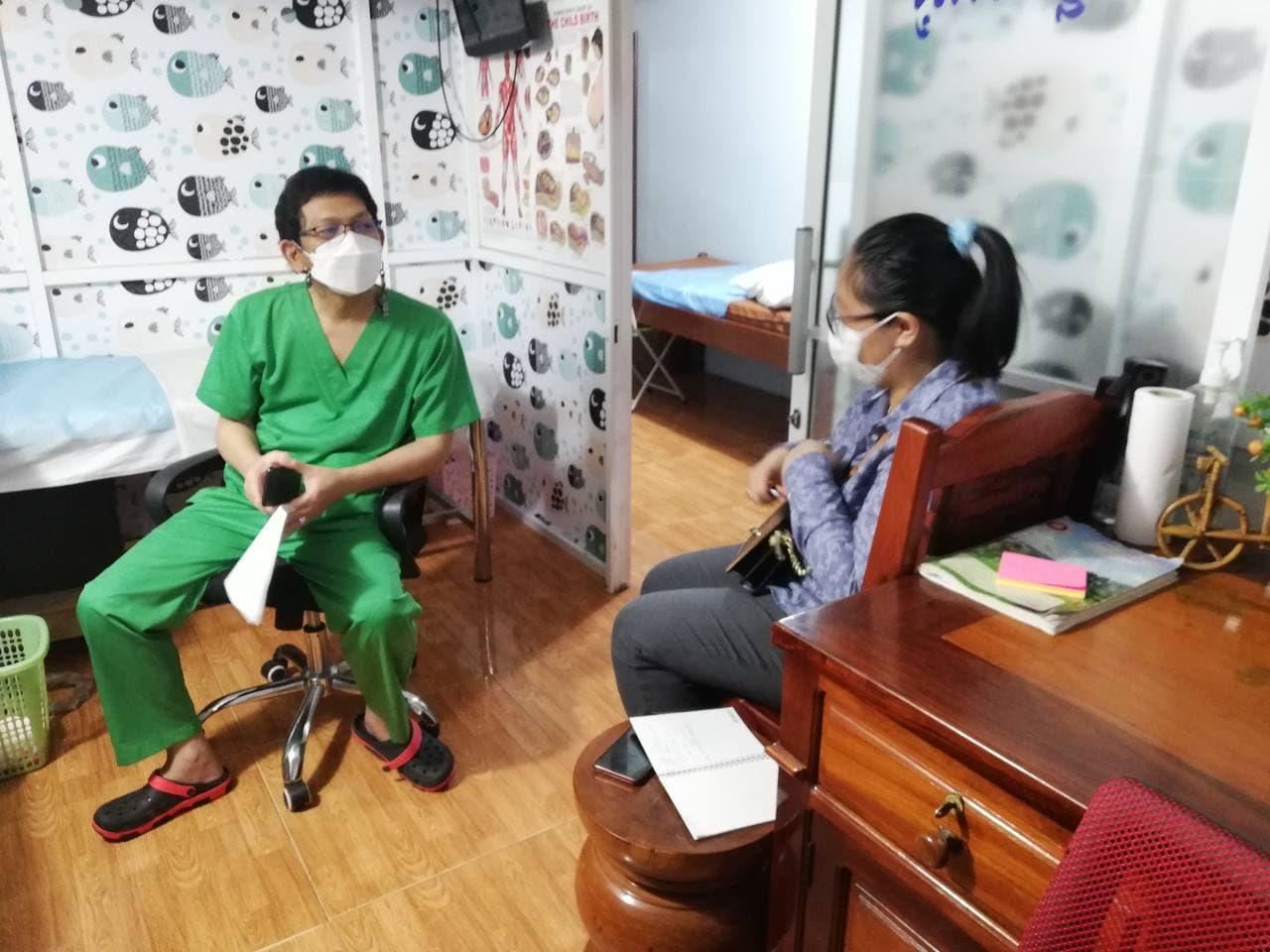(Phnom Penh): Yesterday, the Documentation Center of Cambodia received a grant of US$ 6.5 Million from USAID which will help provide critical support to the survivors of the Khmer Rouge period. The Grant Objectives are to: 1) Improve the health conditions of Khmer Rouge survivors through targeted interventions; 2) Raise public health awareness and access to public health services for survivors; and, and 3) Conduct field research on survivor health conditions, particularly in remote communities, which will inform future development assistance packages to these populations and communities.
QUESTION AND ANSWER WITH YOUK CHHANG
FRESH NEWS: Why is this grant important?
YOUK CHHANG: This grant furthers the work of justice for the survivors of the Khmer Rouge consisted of 5 million persons who alive today, through improved access to health care, which leads to improved health of survivors. The grant has also an important research and education component. We will conduct research to raise public awareness on the survivor care, which will inform future development efforts in these populations and communities.
FRESH NEWS: Unique aspect of this grant?
YOUK CHHANG: This grant includes a large, 500-person strong, nation-wide volunteer service. The purpose of volunteers is to partner with local survivors to support them in their visits to local health clinics. This is a great effort in that it also gives youth a number of opportunities to demonstrate leadership and selfless service in support of survivors and the Cambodian Nation.
FRESH NEWS: What kind of health care will people receive from this grant?
YOUK CHHANG: The purpose of this grant is to support access to health care as well as improve some of the conditions that harm or hinder survivors in their health care. This means giving them information that can improve their self-care and care they receive from family members. We will provide basic, non-invasive health care, which one would receive in a brief checkup. These basic procedures can range from anywhere from an examination and advice on better palliative care, to some minor treatment of a wound, injury, or health condition.
FRESH NEWS: What are the origins for this grant?
YOUK CHHANG: This grant reflects a 10-year long process by DC-Cam to study and refine the design and potential for this project. In 2017, for example, DC-Cam’s team including Dr. Demosthenes C. Reyes and Ms. Kim Sovandany conducted home visits to local communities to provide a primary health care for former complainants and civil parties to the Khmer Rouge Tribunal at Lor-lork Sar Thmey pagoda, Pursat province and other provinces.
FRESH NEWS: How does this grant relate to justice?
YOUK CHHANG: The definition of justice is not exclusive to courts, and justice for the Khmer Rouge survivors will continue to be a struggle long after the Khmer Rouge Tribunal is finished its work. This grant is a new effort to make survivors’ health a part of our struggle for survivor justice.
FRESH NEWS: How does DC-Cam determine who is a survivor?
YOUK CHHANG: Genocide and mass atrocities destroy people’s humanity. DC-Cam wants to restore the humanity of all people: not only victims, but also the people who perpetrated horrible acts. DC-Cam will offer support and services to as many people as it can reach based on a belief that the entire Cambodian people that lived during this time period suffered.
FRESH NEWS: Will perpetrators have the same access to support and services as victims?
YOUK CHHANG: The question reminds me of a conversation I had with a victim, who pointed out to me the wonderful health care and services given to individuals accused of crimes, yet so many Cambodians who lived under the Khmer Rouge continue to suffer from injuries and health conditions—both physical as well as mental. This effort is an important action dedicated to helping the survivors of the Khmer Rouge, many of who have no access to health care and they suffer in silence.
FRESH NEWS: What are common diseases or health conditions that DC-Cam anticipates it will find with survivors?
YOUK CHHANG: DC-Cam has been working with about 2,000 survivors since 2017, and our work has revealed the following 5 most common diseases: 1) Hypertension; 2) Heart disease; 3) Diabetes Mellitus; 4) Chronic obstructive pulmonary disease (COPD) and pulmonary tuberculosis (PTB) and 5) Breast cancer.
FRESH NEWS: What is enough to compensate what Cambodian people have lost during the Khmer Rouge?
YOUK CHHANG: The tragedy and injustice suffered by the Cambodian people under the Khmer Rouge regime was so great that nothing can truly replace or compensate them; however, this effort is one significant step forward in truly helping and supporting the survivors of genocide. The work will aim to reach not only the most elderly and disabled survivors, but also the survivors that live in the most remote communities—far away from any health care clinic. It is justice ‘re-imagined’… It is ‘health justice’ for survivors.
YOUK CHHANG: Transitional justice must include more than symbolic reparations; it must include actions that at least aim to improve the well-being of the survivors. Cambodia could be the first country since the Holocaust in which the survivors of mass atrocities and genocide receive reparations that involve restorative medical care, services, and support from the international community. We should recognize this effort to help the survivors of the Khmer Rouge as an admirable step forward, as well as the beginning of a new conversation on the definition of post-conflict justice.
END.
